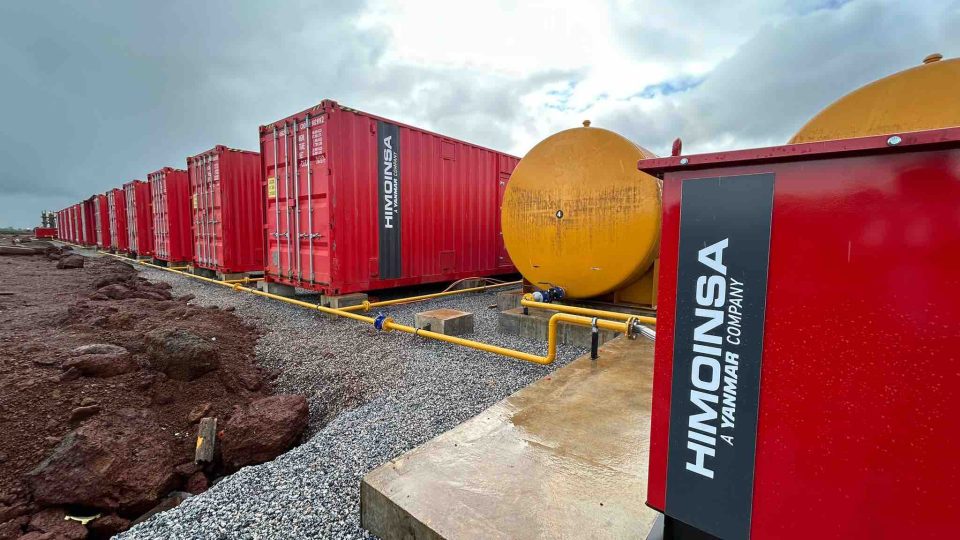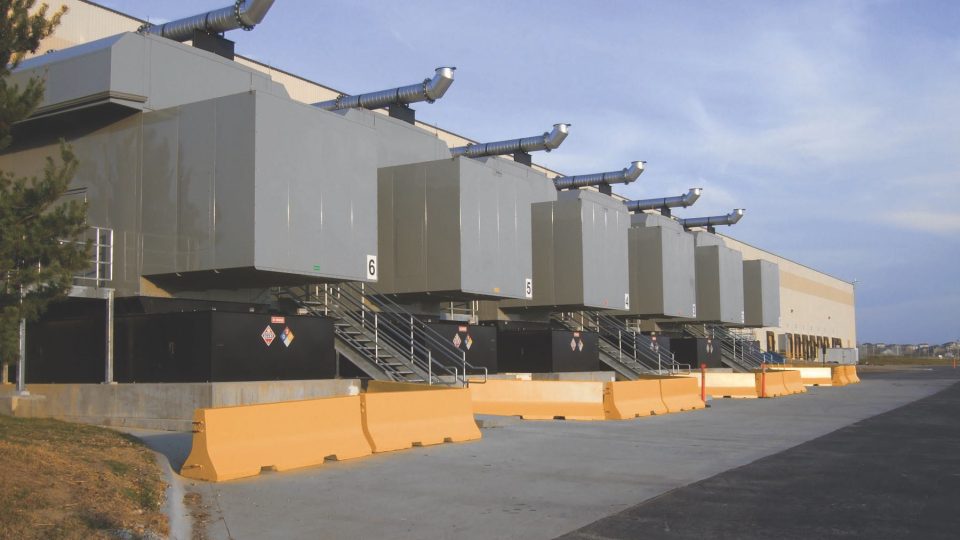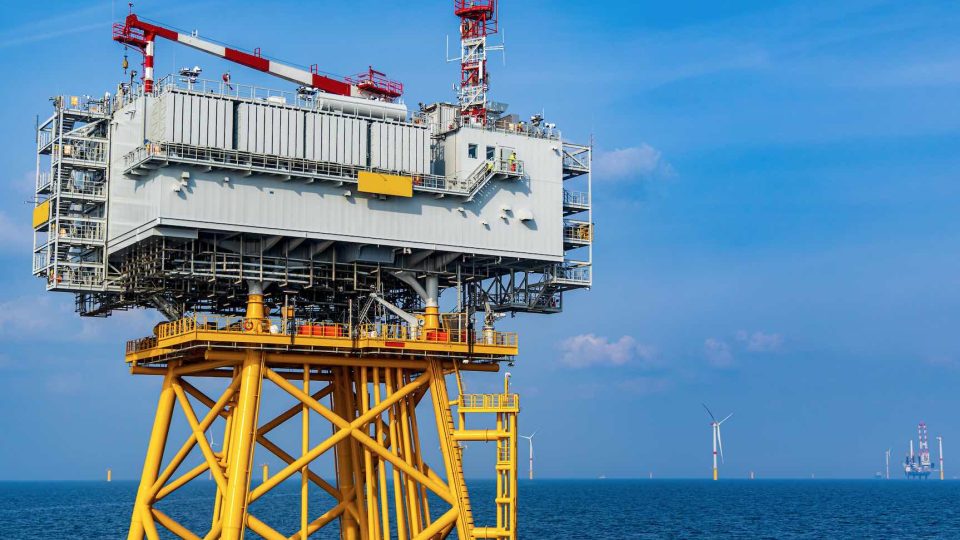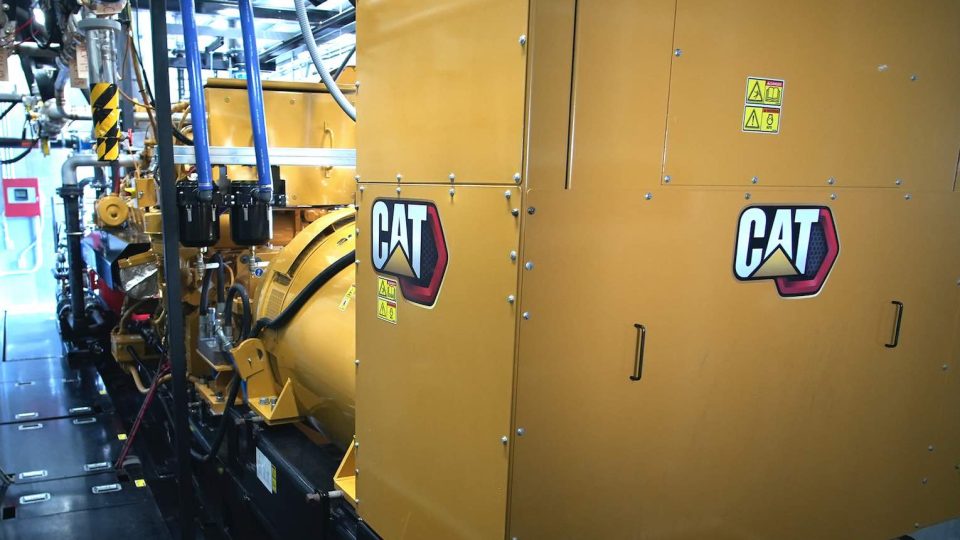Himoinsa: reducing up to 250.000 kg of CO2 per year
Himoinsa is celebrating the results of the installation of photovoltaic plants at its production centres. A prime example is the installation of solar panels on the roof of its Spanish headquarters with a total capacity of 550 kW, enabling it to reduce CO2 emissions by up to 250,000 kg per year. Watch the video.
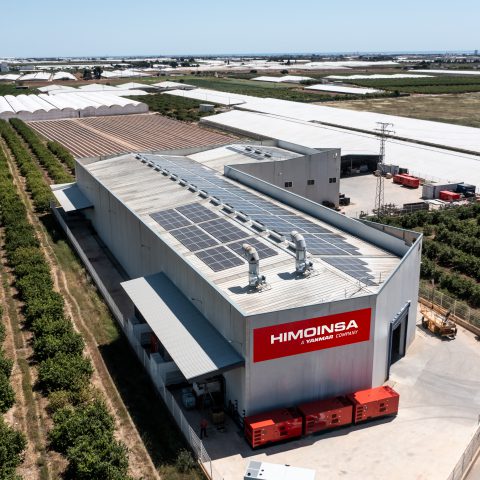
Himoinsa is celebrating the results of the installation of photovoltaic plants at its production centres. A prime example is the installation of solar panels on the roof of its Spanish headquarters with a total capacity of 550 kW, enabling it to reduce CO2 emissions by up to 250,000 kg per year. This environmentally friendly action is the equivalent of planting 600 trees, or to not driving nearly 600,000 kilometres by car.
This is a significant commitment to energy efficiency in our production processes. They actually expect to generate 919,408 kWh of energy each year and to reduce emissions by 22% compared to last year.
“We understand Corporate Social Responsibility (CSR) as a strategic asset that encourages us to implement ambitious projects to minimise the environmental impact of our industrial activity. This new measure allows us to significantly reduce the carbon footprint of our facilities in Spain. This is yet another step forward in our environmental policy, whose initiatives extend to all of Himoinsa’s production centres around the world,” Manuel Sánchez Bada, General Manager of Himoinsa, tells us.
The company, which has drawn up a roadmap to reduce its emissions, is part of the Yanmar Business Group, which in turn has defined its commitment to sustainable growth within the framework of the Yanmar Green Challenge 2050which applies both to its sustainable manufacturing processes and to the design and marketing of power generation equipment capable of reducing its carbon footprint.
Himoinsa, which is not only working on its electrification strategy but also on the generation of power using gas generator sets, as well as the use of alternative fuels such as HVO and the new Stage V and Tier 4F diesel technology in its power generation equipment, is committed to creating a power mix that will enable it to offer complete solutions to the market, while increasingly reducing its carbon footprint.
For its part, Yanmar is immersed in several new power projects in its different business units, including hydrogen-powered co-generation, research into marine engines powered by hydrogen, biogas co-generation, dual-fuel power solutions with natural gas, fuel cell technology for marine applications, smart agriculture and resource recycling technologies. All of this as part of an energy transition process that seeks to achieve sustainability and energy efficiency.






